After the first reviews for the iPhone 12 and iPhone 12 Pro emerged yesterday, a new report by Tom's Guide reveals the extent of battery life reductions when using 5G.
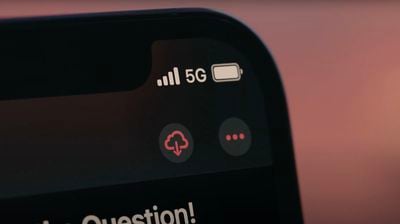
The report outlines a test wherein the iPhone surfs the web continuously at 150 nits of screen brightness, launching a new site every 30 seconds until the battery drains. Interestingly, the test was run on an iPhone 12 and 12 Pro both over 4G and 5G.
Using 5G, the iPhone 12 lasted just eight hours and 25 minutes, while the iPhone 12 Pro lasted nine hours and six minutes. When using 4G, the iPhone 12 and 12 Pro perform better enduring for ten hours and 23 minutes and 11 hours and 24 minutes, respectively. This means that the iPhone 12 and iPhone 12 Pro's battery life drains around 20 percent faster when using 5G in this artificial benchmark.
The same test on the iPhone 11 in 2019 yielded a result of 11 hours and 16 minutes over 4G, and the iPhone 11 Pro achieved ten hours and 24 minutes.
Tom's Guide reports that this falls short of the battery life of 5G Android phones under the same test:
Compared to the Android competition, Apple's new phones are a step behind those devices on our best phone battery life list, especially over 5G networks.
The battery capacities across the iPhone 12 lineup are believed to have been reduced this year, and while it was known that 5G would likely drain battery life, the extent of which was unknown.
The battery results may have been behind Apple's move to include a "Smart Data mode" with the iPhone 12 and iPhone 12 Pro, which selectively turns off 5G at times when it may not be needed. For example, when streaming music with the screen turned off, Smart Data mode reportedly turns off 5G and favors 4G instead.
However, users can go further and manually turn off 5G to boost battery life on the iPhone 12 and iPhone 12 Pro. In settings, users can choose from "5G On," "5G Auto," which seems to be Apple's Smart Data mode, and "LTE."


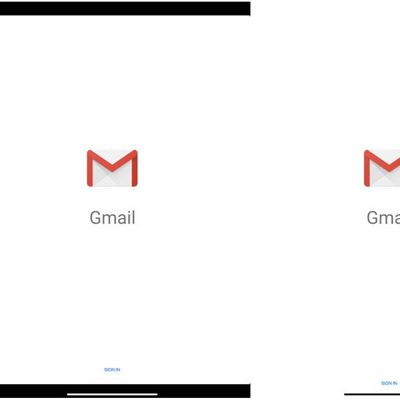

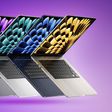

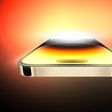

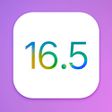


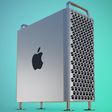

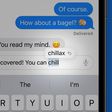
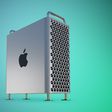



Top Rated Comments
Next year I'm gonna turn off 120Hz to save even more battery
more than enough battery it looks like